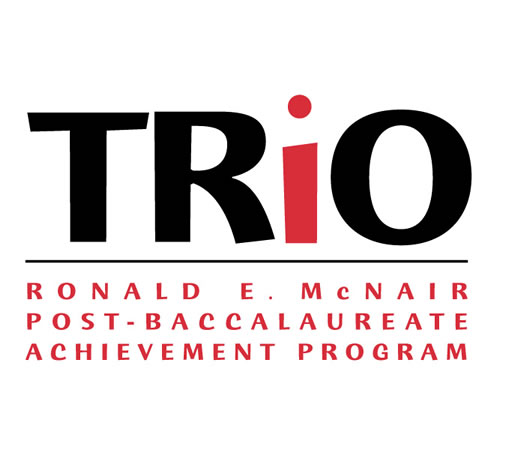Document Type
Poster
Publication Date
2013
Publisher
University of Nevada, Las Vegas; Center for Academic Enrichment and Outreach
Publisher Location
Las Vegas (Nev.)
Abstract
As the world becomes more globalized and the prosperity of new, rising powers begins to challenge that of long-standing powers, many scholars and policy-makers have begun to examine America’s place in the global political economy. Ongoing changes in the world political economy such as the flourishing economies in the BRICS countries (Brazil, Russia, India, China, and South Africa), continued integration in Europe, as well as questions about economic policies derived from American dominated neoliberal ideology have raised many doubts regarding how long the United States can remain the world leader. The conventional wisdom holds that the United States has enough influence in these international organizations to both pass items the U.S. supports and block items that it opposes. This broader context of influence within international financial institutions leads to the more specific research question addressed in this study: is the United States able to block loans and other items that it does not support? This empirical analysis raises doubts about the prevailing ideas about American influence in these important multilateral banks. Through this combined data and analysis, the study is able to address where the U.S. stands with its influence in the MDBs and the World Bank.
Keywords
Economic development; Economic policy; Economics; Financial institutions; Financial institutions; International; Globalization; Loans; Loans; Foreign; Political science; World politics
Disciplines
Economics | International Economics | Political Economy | Political Science
File Format
File Size
1.334 KB
Language
English
Rights
IN COPYRIGHT. For more information about this rights statement, please visit http://rightsstatements.org/vocab/InC/1.0/
Repository Citation
Rosen, S.,
Strand, J. R.
(2013).
American Influence in the International Financial Institutions.
Available at:
https://oasis.library.unlv.edu/mcnair_posters/55
